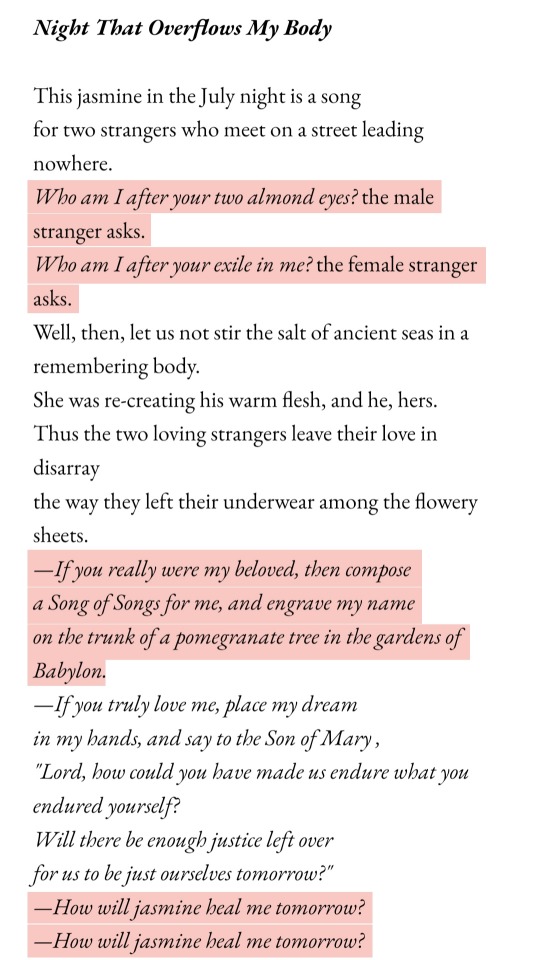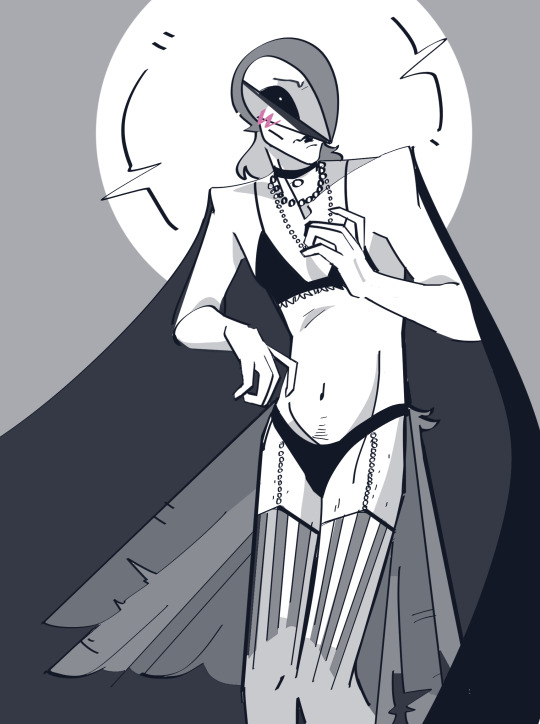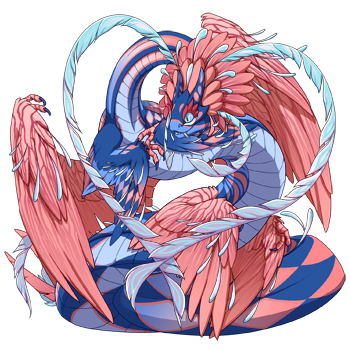#unfortunately it was paradise
Text
My limbs will grow along a sycamore tree.
My heart will pour its earthly water upon one of the planets.
What might I be in death after my death?
Mahmoud Darwish, “Mural” from Unfortunately, It Was Paradise: tr. & edited by Munir Akash and Carolyn Forché
83 notes
·
View notes
Text
I love the rainfall on the women of distant meadows. I love the glittering water and the scent of stone.
Mahmoud Darwish, from "Addresses for the Soul, outside this Place", diwan "Fewer Roses" (1986), Unfortunately, It Was Paradise: Selected Poems (Translated and Edited by Munir Akash and Carolyn Forché, with Sinan Antoon and A mira El-Zein)
#mahmoud darwish#arabic poetry#meadows#unfortunately it was paradise#fewer roses#selected poems#arabic literature#dark academia aesthetic#translated literature
131 notes
·
View notes
Text


- Mahmoud Darwish, Unfortunately, it was Paradise
#poem#poems#poetry#mahmoud darwish#night that overflows my body#palestine#palestinian poetry#arabic poetry#jasmine on july nights#lovers#tragedy#words#quotes#booklr#litblr#unfortunately it was paradise#I love this poem so much I can't explain
229 notes
·
View notes
Text

Mahmoud Darwish –
Unfortunately,
It Was Paradise
#mahmoud darwish#unfortunately it was paradise#poetry#quotes#upload#poem#literary#bibliophile#literature#palestinian literature
49 notes
·
View notes
Text
I Will Slog over This Road
I will slog over this endless road to its end.
Until my heart stops, I will slog over this endless, endless road
with nothing to lose but the dust, what has died in me, and a row of palms
pointing toward what vanishes. I will pass the row of palms.
The wound does not need its poet to paint the blood of death like a pomegranate!
On the roof of neighing, I will cut thirty openings for meaning
so that you may end one trail only so as to begin another.
Whether this earth comes to an end or not, we'll slog over this endless road.
More tense than a bow. Our steps, be arrows. Where were we a moment ago?
Shall we join, in a while, the first arrow? The spinning wind whirled us.
So, what do you say?
I say: I will slog over this endless road to its end and my own.
Mahmoud Darwish, Unfortunately, It Was Paradise
23 notes
·
View notes
Text
Wait for her until Night speaks to you thus: There is no one alive but the two of you.
So take her gently to the death you so desire, and wait.
Mahmoud Darwish, in 'Unfortunately, it was paradise'
2 notes
·
View notes
Text

Mahmoud Darwish, from "Mural", Unfortunately, It Was Paradise: Selected Poems (tr. by Munir Akash & Carolyn Forché)
#mahmoud darwish#unfortunately it was paradise: selected poems#poetry#poem#poems#palestinian literature#fragments#ghosts#haunted#*
4K notes
·
View notes
Text
I'm in a Paradise Lost reading group that I'm sure I'll fall off in a week, but in the meantime we're reading CS Lewis's A Preface to Paradise Lost and this man has a maddening ability to say normal things in a banger-y way
From the one point of view [a poem] is an expression of opinions and emotions; from the other, it is an organization of words which exist to produce a particular kind of patterned experience in the readers. Another way of stating this duality would be to say that every poem has two parents – its mother being the mass of experience, thought, and the like, inside the poet, and its father the pre-existing Form (epic, tragedy, the novel, or what not) which he meets in the public world. By studying only the mother, criticism becomes one-sided. It is easy to forget that the man who writes a good love sonnet needs not only to be enamoured of a woman, but also to be enamoured of the Sonnet.
#rambl#eti reads paradise lost#unfortunately it is in this same beautiful tone of voice that he tells us that he likes the Psalms...
110 notes
·
View notes
Text

so um. i got inspired by @clownhospital and @flugmunk 's collab and drew my own slutty slutty crow
#its 2 in the morning i should be asleep but i am unfortunately possessed by the spirit of sluttines. or phantom rather#living up to my url#fanes art#phantom of the paradise
92 notes
·
View notes
Text
The novel we all need:
Beatrice's 200-page novel/letter to Lemony containing all of the many reasons why she can't marry him. The darkly elegant turn-of-the-century opera/ballet/high-society vibes of Lemony, Beatrice, Esme, Jerome, Kit, Jacques, and perhaps Olaf, all scheming and murdering and flirting in The Unnamed Big City.
Cab rides fraught with menace and apprehension, with Jacques whistling up in front as he drives. Beatrice narrating everything with a grief (and loquacity) similar to Lemony's, but looking toward the future rather than the past. Sometimes she writes "a word which here means" because Lemony says it so often. Food and fire as recurring themes. Beatrice might have an unnerving attraction to fire...and one instance of intentional fire-setting because she knows two instances would legally make her a pyromaniac.
Her uncertainty between Lemony and Bertrand, two very different men who are equally pretentious in different ways (and subtly fight over her in Clever Verbal Skirmishes, which she loves). The whole story taking place in the melodramatic atmosphere of the opera, perhaps divided into acts. Brief arias of soliloquy from Beatrice, letters from Lemony (!!!) and her friendship with the mysterious Duchess R of Winnipeg. GORGEOUS clothes on absolutely everyone.
Lemony and Beatrice bonding over their love of root beer floats, not to mention questioning the whole system of V.F.D. thinking violence is never acceptable and the world should always be quiet. I've always wondered why Beatrice chose Bertrand over Lemony, and if she really loved Lemony more. LEMONY COOKING FOR BEATRICE AT 2 AM IN HER APARTMENT AFTER A SHOW. Lemony crying on her shoulder at the bitterness of the world, disapproving of her preference for sweet milky tea. Bertrand symbolizing fire (candles, chandeliers in operas and restaurants), and Lemony symbolizing water (rain, the sea, lunch at Briny Beach, splashing with her in the fountain).
The fated tea party, the friendship turned simmering rivalry between Esme and Beatrice, the theft of the sugar bowl when Beatrice finally turns her back on Esme. Kit's subtle glances at Olaf, who's still young and kind and handsome and full of hope and mischief, even though he's a bit of a jerk. Kit believes in him. Everyone else just believes in Kit. Jacques flirting with anything in a skirt just because he likes making people blush and giggle.
The denouement is the grand opera where Beatrice's performance is followed by the death of Olaf's father and the breaking of the fellowship.
Notes in the margins written by Lemony and punctuated by tear stains.
At the end of the book, she quotes Robert Frost. "Some say the world will end in fire, some say in ice. From what I've tasted of desire I hold with those who favor fire."
After the quotation, Lemony writes "She burned too bright for this world" from Wuthering Heights, which she loved.
Perhaps the overall meaning of the book could be that Beatrice (a name which here means "she who brings happiness") loves Lemony, and always will, because he symbolizes grief and lost love and wishing for the safe childhood that none of them ever had. But Lemony is the past, and Bertrand is the future. Beatrice has always been surrounded by people who wrote and spoke and sang of the beauty of grief, the glory of sadness. But Beatrice couldn't help holding a happiness as deep as grief. She loves dark stories and art as much as anyone (she's an opera singer, after all) but she's hungry for happiness.
And she had happiness with Lemony when he gave her food, when he hugged her and told her all the ways he would love her, when he played the accordion so well it made her cry. The manuscript is stained with her tears too. She needs to make people happy, and as much as Lemony loved her, she could never make him happy. He saw and adored her deep capacity for happiness, but he couldn't receive it. Like Dante, he admired Beatrice's glow from afar. Now he descends into the inferno, where his angel can't go with him.
The novel is perhaps named A Series of Fortunate Events. Because they all happened with him at her side. Although she has to leave him, she mourns for him, for his endless wandering on the run, and never regrets the time she spent with him. She finally learned to see herself as he always saw her--a beacon of light and warmth who held all the friends together, even as the times grew dark and the force of destiny worked on them all.
Perhaps it was really Beatrice who symbolized fire all the time, not Bertrand. Lemony was water, and water smothers fire and dims its light. But Bertrand might symbolize air. Bertrand might be a fresh breath of air on Mount Fraught, liking the outdoors more than Lemony, making mischievous jokes with Olaf, slurping loudly from a straw while Lemony does a Dramatic Philosophical Monologue, meeting her on windy streets with newspapers (articles written by Lemony) blowing around their feet. Bertrand pining in the background as Lemony kisses Beatrice's hand. She feels more alive and awake with Bertrand. Water reflects fire, but air feeds it.
The whole novel contains foreshadowing of all the unfortunate events to come, some of the references quite clever and amusing even as they break your heart. But one comes away from the book with a sense that though Beatrice was always doomed to die...she LIVED. The book must be warm and full of life, contrasting the books about her children in a world that is often too cold and too quiet. The world is too quiet without her. But it's not a sad ending. Because she left a legacy of warmth and hope and love. Lemony wrote the children's stories for her sake, because he loved her and remembered her.
He loved her for her fiery happiness, even as she loved him for his grief and vulnerability. In the scene where Lemony confesses his love for Beatrice, a moth flies into the candle on the table between them, symbolic of Lemony wishing his heart out to be with her warmth, even as it doomed him to exile in a cold and quiet world.
But even this is not the end. Because someday, after Beatrice and Lemony have had their say, young Beatrice Baudelaire II will drop a note through the ceiling of Lemony's office, and the old Beatrice somehow gave Lemony a child to love and take care of, in a strange and roundabout way.
Edit: Allusions to heaven and hell throughout the work, hell being the arson perpetrated by the Bad Guys, and purgatory being the wide empty hinterlands that lie outside the city. Lemony chooses to stay in hell to help the unfortunate people in it, making him a bit of a Christ figure. Bertrand climbing his way up out of hell and reaching for the heaven of a safe home and family. Beatrice symbolizing an angel who fell, or was pushed, from heaven a long time ago and being a bit of a Christ figure herself for going deep into Lemony's sadness and understanding him, thus saving him even as he saves her.
#long post#beatrice baudelaire#lemony snicket#a series of unfortunate events#story idea#symbolism#poetry#V.F.D.#vfd#literary analysis#of a novel that doesn't actually exist#classic literature#dark academia#religious symbolism#religious imagery#dante alighieri#dante's inferno#paradise lost#which i haven't actually read
84 notes
·
View notes
Text

Mahmoud Darwish, “Mural” from Unfortunately, It Was Paradise: tr. & edited by Munir Akash and Carolyn Forché
#quote#mahmoud darwish#unfortunately it was paradise#palestinian poet#palestinian poetry#love letter
117 notes
·
View notes
Text
JUSTICE FOR TENZA 😭😭😭
#i should've known this is the kind of show were characters drop like flies...#BUT STILL#unfortunately i love a good character backstory + tragic death#i genuinely loved the main trio from today's ep#they had such a fun dynamic#hell's paradise#jigokuraku#yamada asaemon tenza#yamada asaemon shion#nurugai
28 notes
·
View notes
Text

- Mahmoud Darwish, Unfortunately, it was paradise
#poem#poems#poetry#mahmoud darwish#palestine#palestinian poetry#the illiad#arabic poetry#booklr#litblr#quotes#words#unfortunately it was paradise#other barbarians will come#watched the terror infamy and it reminded me of this poem#apt considering how we are doomed to repeat history
52 notes
·
View notes
Text

cornflower/blush/pearl
#flight rising#cornflower#blush#pearl#harlequin#current#paradise#water#auraboa#cool#pastel#saw a cornflower/blush g1 but unfortunately the tert was.. forest
10 notes
·
View notes
Text
Another Road in the Road
There is yet another road in the road, another chance for migration.
To cross over we will throw many roses in the river.
No window wants to return to us, there we have to go, north of the neighing horses.
Have yet we forgotten something, both simple and worthy of our new ideas?
When you talk about yesterday, friend, I see my face reflected in the song of doves.
I touch the dove's ring and hear flute-song in the abandoned fig tree.
My longing weeps for everything. My longing shoots back at me, to kill or be killed.
Yet there is another road in the road, and on and on. So where are the questions taking me?
I am from here, I am from there, yet am neither here nor there.
I will have to throw many roses before I reach a rose in Galilee.
Mahmoud Darwish, Unfortunately, It Was Paradise
2 notes
·
View notes
Text
Lithuania really got.... the special setlist huh
12 notes
·
View notes